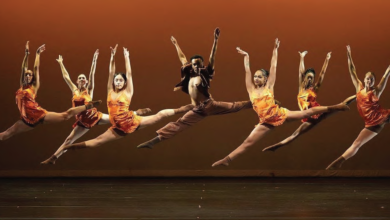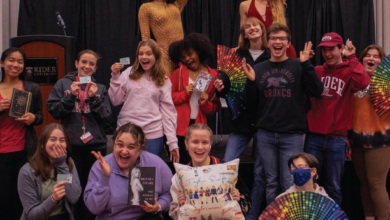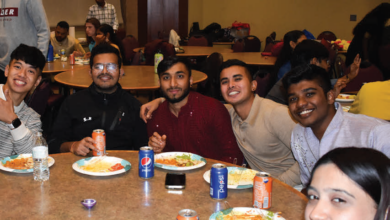
Young educators learn to teach in a new type of classroom
By Christian McCarville
Remote learning has impacted each program at Rider in unique ways. In turn, professors, administrators and students have adapted to get the most out of their education, regardless of the current circumstances. This is very clearly seen within the College of Education and Human Services.
For many students majoring in education, field experiences and student teaching are a vital part of their professional development as pre-service educators. Getting these young educators into a classroom and teaching students is something that the education department prides itself on.
The current state of education and remote learning differs from school to school, focusing on the overall safety and health of all students and their families. This has provided challenges for many education majors in their higher level classes that have been expecting field experiences and the opportunity to student teach.
Working closely with several schools throughout the state, the College of Education and Human Services stepped up to this challenge. Student teaching, along with field experience, has been able to continue in both hybrid and remote formats, providing Rider students excellent opportunities to learn and grow as educators.
Senior elementary education major Elaina Stark is set to student-teach in the spring semester. While it is not currently determined if she will be able to teach in-person or remotely, Stark is still thankful for the opportunity.
“Learning during the pandemic is difficult. Teaching during the pandemic is almost unimaginable,” said Stark.“However, over this time period I have become closer with my mentor teachers. I have learned more from students and I have learned more about myself and therefore I am forever grateful.”
Stark also commented on the expansion of technology being used in classrooms.
“With the use of Zoom, Google platforms and video calls, students are the new tech gurus,” said Stark. “The use of technology has expanded and it has been so much fun to be a part of the remote environment.”
Acknowledging the struggles of being a student during the pandemic, Stark provided some insight as to how she continues to keep herself motivated.
“During this time, I have been able to celebrate the little victories,” said Stark. “This really helps me move forward with finishing my degree. I have found that this changes our perspectives and our motivation to push forward to a brighter tomorrow.”
This is advice many students could benefit from, especially given this semester’s unpredictability. Stark intends to student teach this spring, likely in a hybrid capacity.
Junior elementary education major Hannah Wade is in the process of completing her required Elementary Education (ELD) courses. This would typically require her to observe and teach within an elementary-level classroom. This semester, her classroom experiences are taking place remotely.
“We’ve been paired with a cooperating teacher and once a week discuss different teaching methods and techniques,” said Wade.
She also gets to observe her cooperating teacher’s online classes.
“Being able to observe these online lessons, I’m really seeing teachers at their peak performance,” said Wade. “This type of teaching cannot be done passively. You truly have to be engaged at all times. I learned skills that I normally wouldn’t see in a physical classroom.”
Senior elementary education major Ryan Mealey is participating in remote field work at a different elementary school. His experiences differ from Wade’s, subjecting him to the more negative implications of remote learning.
“Schools have reduced their schedules significantly,” said Mealey. “Mine is four half days a week and remote. That’s not enough time for decent instruction.”
Mealey has also seen his own cooperating teacher greatly struggle to keep up with remote instruction.
“My cooperating teacher has been an interim principal, methods professor and elementary teacher throughout her 40-year career and it’s hard to watch her and so many others struggle to figure out what they’re doing,” said Mealey. “I can’t even imagine going into the job market right now with such high expectations for us teachers.”
The disparity of experiences among these young educators is certainly in part due to each school’s varying approach to instruction during the pandemic. A school’s population, staff, location and access to online materials all play huge factors in the overall teaching experience.
This is ultimately a very difficult time for all full time teachers. However, getting Rider’s education majors these real-world opportunities will provide for an unforgettable experience, whether it is a positive or negative one. Being able to educate in the most undesirable of circumstances will enable them to overcome and adapt to any challenges that they may encounter in their future careers.



